Digestive discomfort can disrupt your daily life and signal deeper issues in your gut health. Around 15% of people in Western countries suffer from conditions like IBS. The good news? The right easily digestible foods can play a major role in gut recovery, helping restore balance, reduce inflammation, and promote overall wellness.
Understanding Gut Health and the Digestive System
Your digestive system isn’t just about breaking down food. It:
- Absorbs nutrients
- Regulates the immune system
- Communicates with your brain via the gut-brain axis
If your intestinal lining becomes permeable (“leaky gut”), harmful substances may enter your bloodstream, potentially causing inflammation, autoimmune conditions, and chronic disease.
Keeping your gut healthy is foundational to your entire body’s wellness.
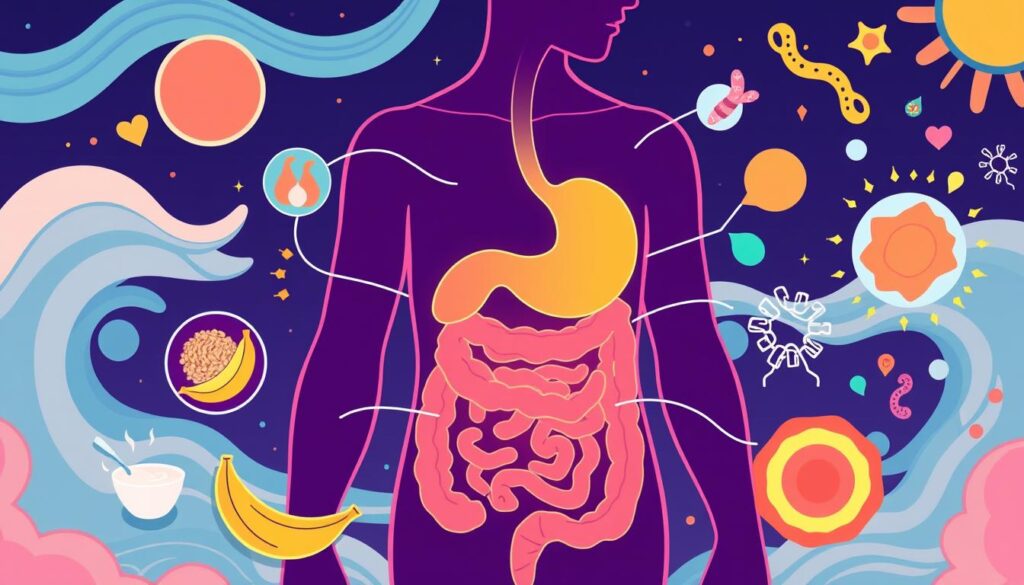
Signs You Need Gut Recovery Support
Wondering if your gut is out of balance? Watch for these signs:
- Bloating, gas, constipation, or diarrhea
- Food intolerances
- Skin issues like acne or eczema
- Brain fog, fatigue, or mood swings
- Poor immunity
If these symptoms persist, your gut might need dietary intervention.
How Easily Digestible Foods Heal the Gut
Easily digestible foods put less stress on your digestive system, allowing it to:
- Absorb nutrients more efficiently
- Support beneficial gut bacteria
- Reduce inflammation
- Repair the gut lining
These foods help rebalance your microbiome and improve overall digestion.
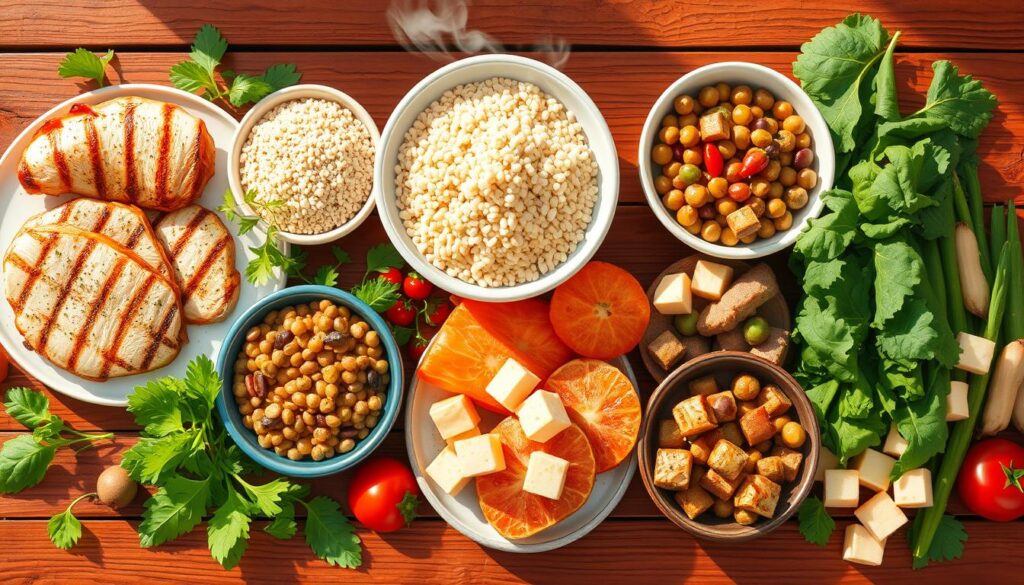
Best Foods for Gut Recovery
1. Lean Proteins
Proteins like chicken, turkey, fish, and eggs are easy to digest and less likely to irritate your gut. They support tissue repair and nourish your intestinal lining.
Plant-based options: Tempeh and black beans offer a combination of fiber and protein, making them gut-friendly.
✅ Tip: Avoid red meat and processed meats, which can cause inflammation and disrupt gut bacteria.
2. Fermented Foods
Fermented foods are packed with probiotics, which replenish your gut’s good bacteria.
Top options:
- Yogurt
- Kefir
- Sauerkraut
- Kimchi
- Miso
These support digestion, enhance immune function, and reduce bloating.
✅ Tip: Look for unpasteurized versions for maximum probiotic benefit.
3. Low-Fructose Fruits
Some fruits are easier on the gut than others. Low-fructose fruits like:
- Bananas
- Berries
- Citrus (oranges, grapefruit)
- Kiwi, pineapple, papaya
These are gentle on the stomach and rich in fiber and digestive enzymes that support recovery.
4. Fiber-Rich Foods
Fiber supports gut health by feeding beneficial bacteria and promoting regularity.
Best options:
- Oats
- Leafy greens
- Garlic and onions (also prebiotics)
- Buckwheat and brown rice
- Asparagus
✅ Soluble fiber (oats, fruits) helps soften stool; insoluble fiber (greens, grains) adds bulk and aids movement.
5. Anti-Inflammatory Foods
To heal your gut, you must reduce inflammation. Include:
- Omega-3-rich foods: Salmon, sardines, chia seeds
- Antioxidants: Berries, leafy greens, turmeric
- Soothing options: Ginger and bone broth
These reduce oxidative stress and help rebuild the gut lining.
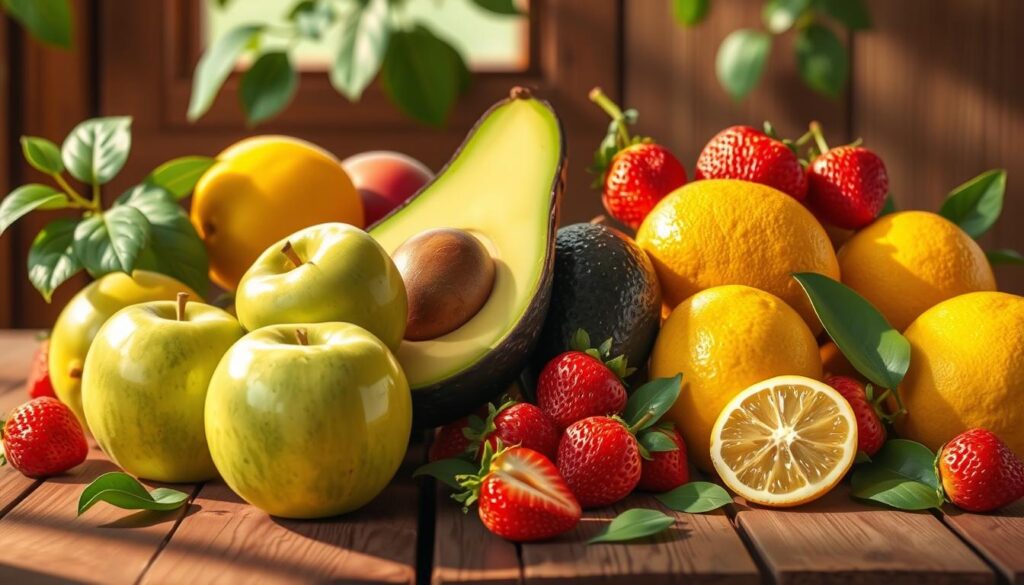
Foods to Avoid for Gut Recovery
Avoiding gut irritants is just as important as eating healing foods.
Limit or eliminate:
- Processed foods and additives
- Sugary snacks and drinks
- High-fat and fried foods
- Gluten and dairy (especially if you’re sensitive)
- Alcohol and caffeine
- Artificial sweeteners
❌ These can worsen inflammation, feed harmful bacteria, and slow healing.
Gut Recovery FAQs
What is the quickest way to heal your gut?
Eat a diet rich in easily digestible, anti-inflammatory foods, remove irritants, reduce stress, and get enough sleep. Adding probiotics and fiber can improve gut health in just a few weeks.
What are the 4 R’s of gut healing?
- Remove irritants (bad foods, stress)
- Replace with digestive enzymes and stomach acid if needed
- Reinoculate with probiotics and prebiotics
- Repair with gut-healing foods like bone broth and glutamine-rich ingredients
What foods help repair the digestive system?
- Lean proteins
- Fermented foods (kefir, miso, kimchi)
- Fiber-rich vegetables
- Low-fructose fruits
- Anti-inflammatory ingredients like turmeric and ginger

What diet is best to heal the gut?
A gut-healing diet should be:
- Low in sugar and processed foods
- High in probiotics and prebiotics
- Rich in fiber, antioxidants, and omega-3s
The Mediterranean diet is often recommended for long-term gut health.
Conclusion
Healing your gut begins with smart food choices. By focusing on easily digestible foods, you support your gut’s natural ability to recover and thrive. Lean proteins, low-fructose fruits, fermented vegetables, and fiber-rich whole foods offer the nutrients your gut needs to repair itself and maintain balance.
Remember, gut recovery is not just about what you eat—but also how consistently you nourish your body. Start with small changes today for a healthier, happier tomorrow.



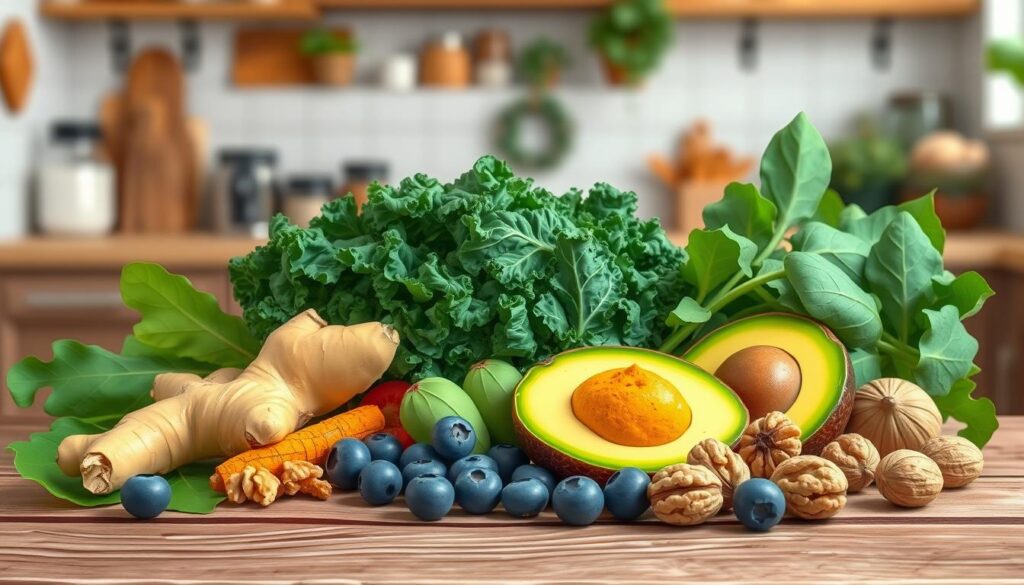




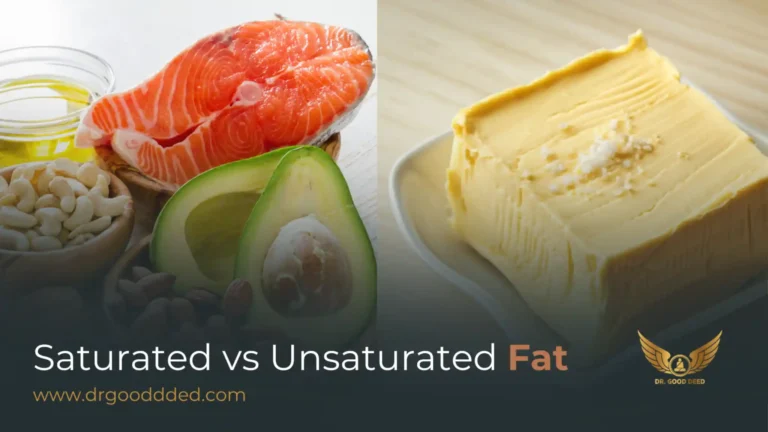
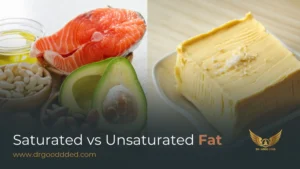
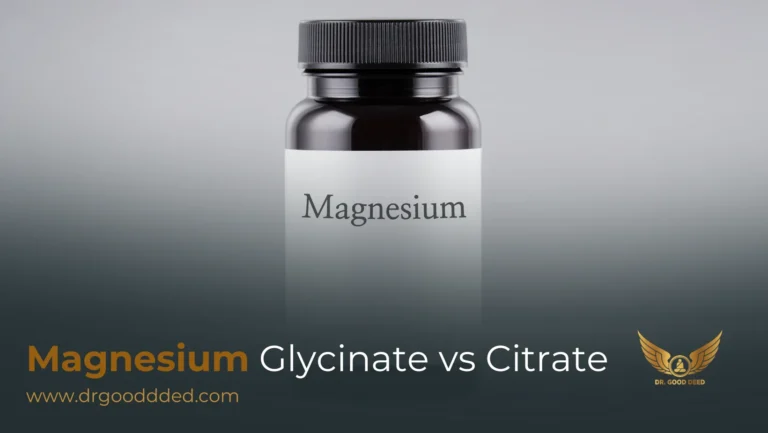
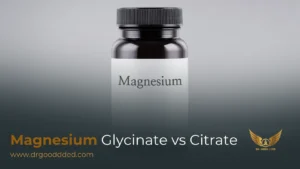


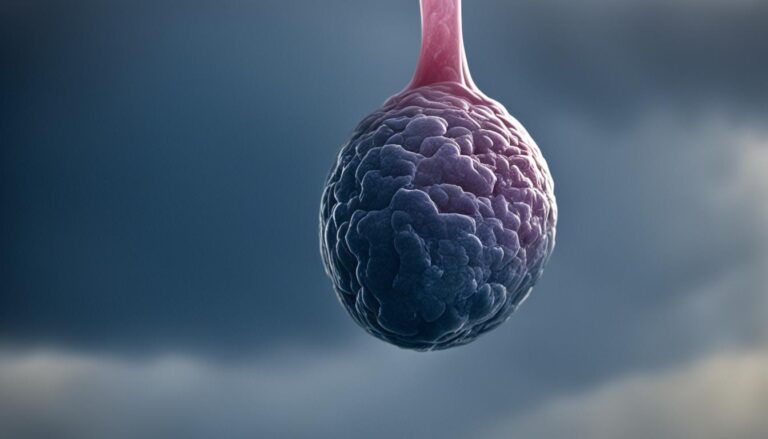
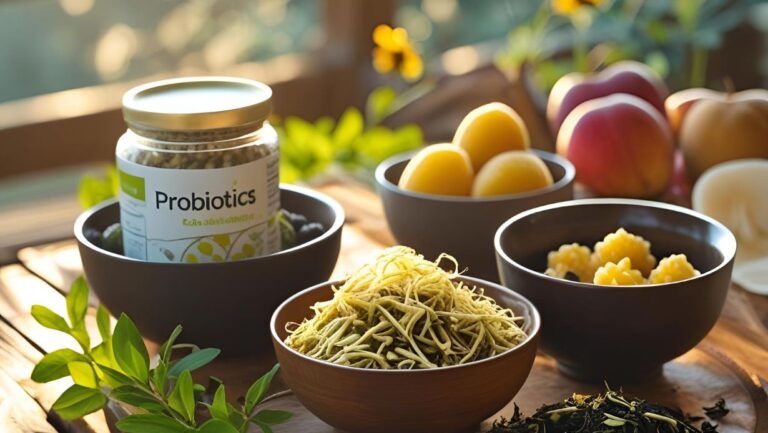
Leave a Comment